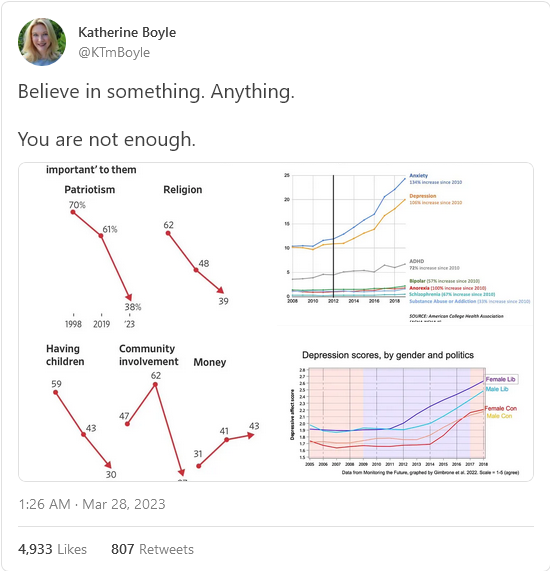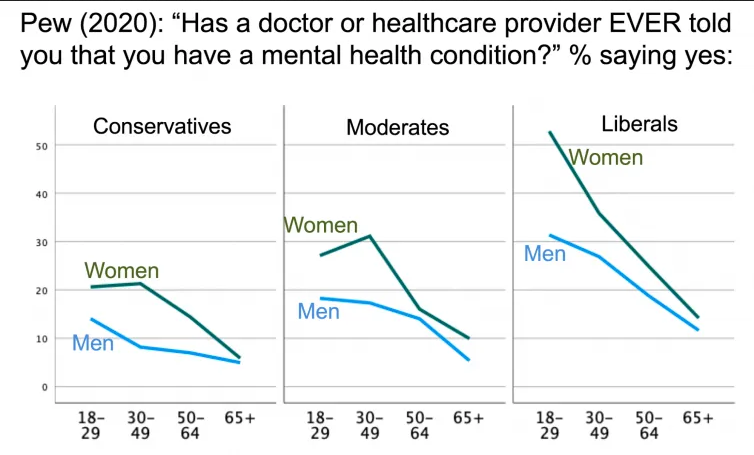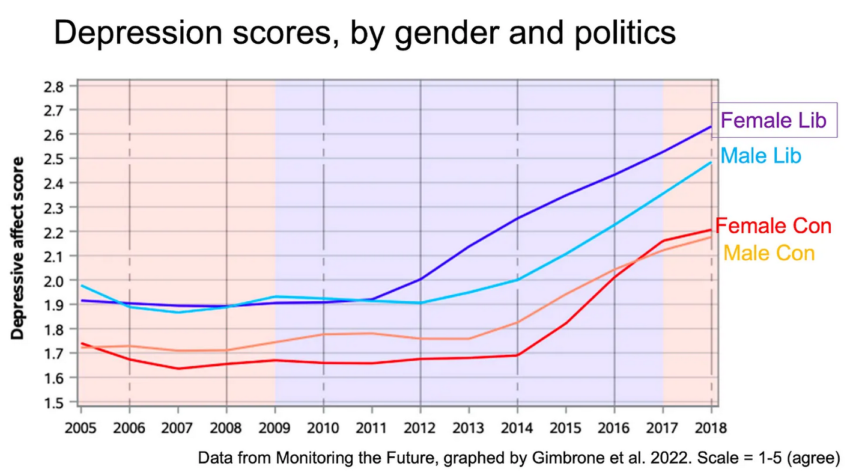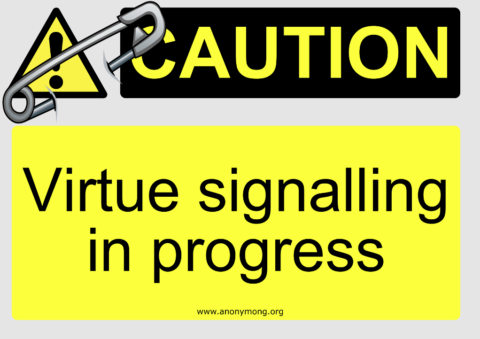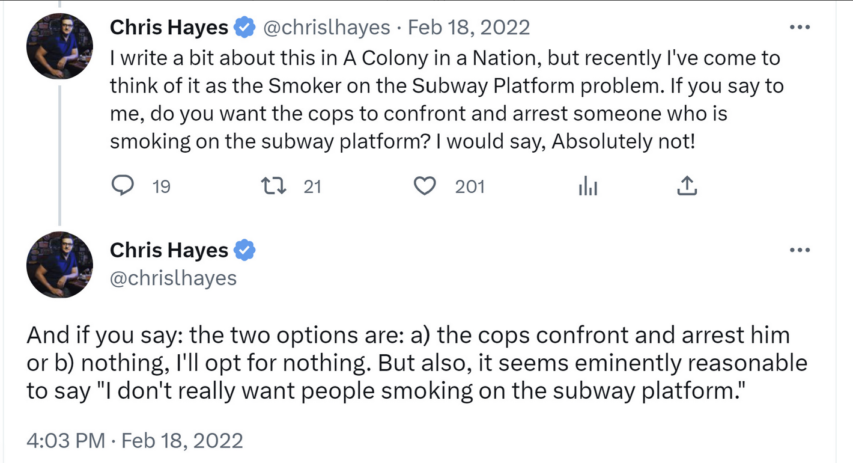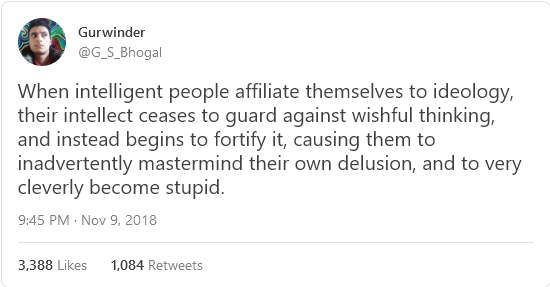Theophilus Chilton tries to persuade conservatives and libertarians that Classical Liberalism has failed:

The Course of Empire – Destruction by Thomas Cole, 1836.
From the New York Historical Society collection via Wikimedia Commons.
The premise for this article might seem surprising to many who are used to believing that the Fukuyaman “end of history”, with its proposed ultimate victory of liberal democracy and market capitalism, is a done deal. After all, we look around the world and see the spread of democracy (even if by military force) taking place, as well as seeing the world seemingly integrated into a global economy characterized by complete fungibility of capital, resources, and labour. Yet, while this may be the façade which we are presented, it is manifestly obvious that most of what is called “democracy” is a sham and most of what is called “capitalism” is merely a cover for cronyism at the highest levels. This is the case even in the United States. We can no longer call our system “liberal” in any sort of classical sense when you can be jailed for referring to someone with the “wrong” pronoun and where the supposedly “free” press is effectively only the propaganda arm of one political party.
All over the world, classical liberalism is being supplanted by socialism and progressivism. This is obvious. What is even more obvious is that classical liberalism has been completely unable to prevent this from occurring. While there are some places where the tide is at least being slowed, this is due to the efforts of nationalists and others calling for stronger government along reactionary and traditional lines, not by those advocating for Reaganism, Thatcherism, or other manifestations of modern classical liberalism. Indeed, the two primary expressions of modern classical liberalism – libertarianism and American-style conservatism – are basically failures in every way. Libertarianism has devolved into a clown show of competing virtue signals, while conservatism (which has yet to actually conserve anything) has fastened onto itself the straitjacket of ideological dogmatism dictated to it by neo-conservatives and K-Street lobbyists.
We should not be surprised, however, that this has been the case. Classical liberalism itself was doomed from its inception. The reason for this is that classical liberalism derived directly from the sort of shoddy and shallow philosophies that drove the so-called “Enlightenment”. The Enlightenment – which we were all told was a good thing by our publik skoolz – represented a marked departure by Western civilisation from traditional realities upon which successful Western cultures were built. In contrast to the traditional values of the West, Enlightenment values represented a very skewed, unrealistic form of wishful thinking. Once these departures began to be codified into practice at the national level, it was only a matter of time before the leftward drift affected even the most morally well-insulated nations.
Below, I would like to discuss four basic areas where classical liberalism as an Enlightenment philosophy was set up for failure from the beginning.
On a somewhat less polemic level, Andrew Potter wonders if the sense of civilizational decline and dissolution many of us are feeling is down to the lack of community:
Here are some charts that were going around the social media the other day:
Boyle — a partner at Andreessen Horowitz — paired these charts with links to a series of reports and studies connecting these declines to a clutch of modern day problems, in particular rising levels of anxiety and depression, despair, most notably amongst the young.
As the boomers used to say, you don’t need a weatherman to know which way the wind is blowing. The Western world is in a bit of a funk.
Our political systems have become impossibly polarized, our economies stagger from one crisis to the next, and the welfare state is bumping up against the limits imposed by escalating costs and diminishing state capacity. All of this comes as people are losing faith in the institutions that have served for decades as the building blocks of a cohesive society. Our reserves of social capital are depleted as numerous countries report falling levels of patriotism, religiosity, and community-mindedness. Everyone’s more or less given up on having kids, while close to a third of men aged 18-30 haven’t had sex in the past year.
These stats vary from country to country, and some places are obviously doing better than others. But the trends are grim across the board; there’s no question that, in general, people in the West are in a bad way. The debate revolves around the cause or causes of these phenomena. Is it social media? The pandemic? Housing prices, debt and precarious employment?
One possibility is that the problem lies with the modern world itself. That the basket of rights-based political individualism and consumer-driven economic capitalism might provide us with all manner of creature comforts and technological wonders, but it doesn’t give us meaning. At the dark heart of liberalism lies nihilism.
This is not a new charge, it has been around as long as there has been liberalism. Yet there’s a bit of disagreement over exactly where the problem lies. For some, from Dostoevsky to the existentialists, the worry was deeply metaphysical: that in the absence of a god, or some comparable external source of absolute morality, the only alternative is raw moral relativism.
For other critics, the complaint is more aesthetic. The consumer goods and individualistic values that liberalism promotes are seen as terribly shallow and narcissistic, with the vulgar virtues of television and cheeseburgers supplanting the higher arts of opera and the terroir.
But there’s another argument, that sort of splits the difference between the metaphysical and the aesthetic worries. This is the idea that for all its promotion of radical pluralism, liberalism is actually hostile to true difference and diversity, of the sort that permits the flourishing of distinct communities. This was the central complaint of the Canadian philosopher George Grant, whose anti-American nationalism was based not on any sense that Canada was intrinsically worthwhile, but that its more collective approach to public life would foster a communitarianism that was not possible in the United States.

